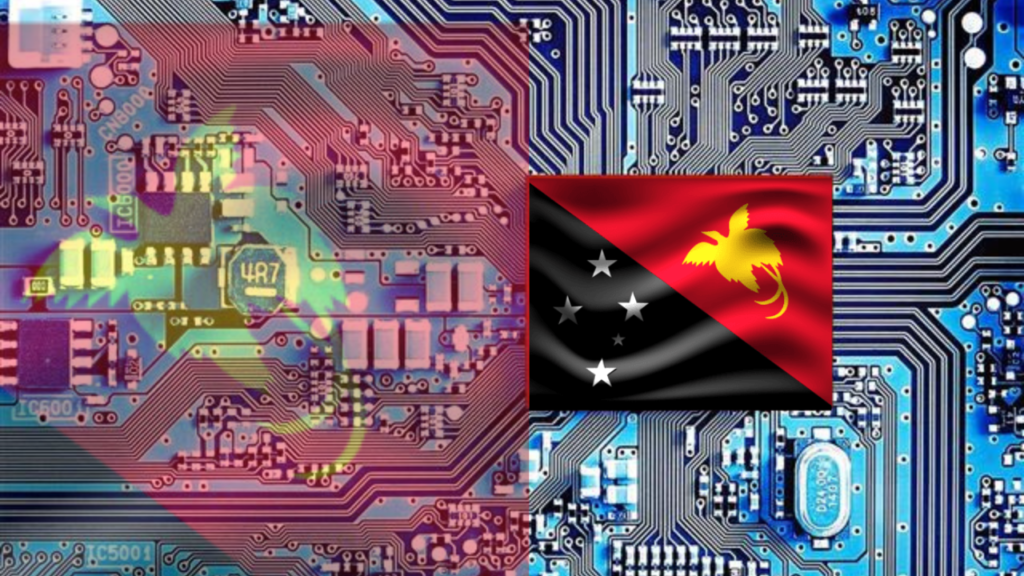Can PNG Achieve Sustainable Growth and Technological Self-Reliance?

Can PNG Achieve Sustainable Growth and Technological Self-Reliance?
As a developing nation, Papua New Guinea (PNG) can take away several important lessons from China’s efforts to raise funds for its chip vision:
Strategic Investment in Technology: Like China, PNG can strategically invest in technology and innovation to strengthen its domestic capabilities in critical industries. Focusing on key sectors like technology, renewable energy, and agriculture can drive economic growth and reduce reliance on foreign imports.
National Security Considerations: PNG can learn from China’s emphasis on national security concerns in the semiconductor industry. Developing a robust cybersecurity framework and investing in secure and self-reliant technologies can protect critical infrastructure and safeguard sensitive data.
Public-Private Partnerships: Following China’s model of public-private partnerships can foster collaboration between government agencies, academia, and private companies. This approach can create a conducive environment for research, development, and innovation in various sectors of the economy.
Diversification of Revenue Sources: PNG can diversify its revenue sources to reduce dependency on a single sector. This can be achieved by promoting industries such as tourism, fisheries, and manufacturing to generate additional income streams and build a more resilient economy.
Focus on Emerging Technologies: With the rapid growth of emerging technologies globally, PNG can seize opportunities in areas like renewable energy, digital transformation, and e-commerce. Investing in these technologies can lead to increased competitiveness and economic development.
Responsible Borrowing and Investment: As PNG considers borrowing for development projects, it can learn from China’s approach to responsible borrowing and investment. Conducting thorough cost-benefit analyses and ensuring transparency in financial transactions can lead to more sustainable and effective projects.
Addressing Geopolitical Challenges: PNG must be aware of potential geopolitical challenges that may arise as it seeks foreign investment and cooperation in its development projects. Careful diplomatic engagement and balancing relationships with different global players can be essential in avoiding tensions.
Building Local Technological Expertise: China’s focus on technological independence underscores the importance of building local expertise and human capital. PNG can invest in education and skill development programs to nurture a skilled workforce capable of contributing to its technological advancements.
Economic Diversification and Sustainable Growth: PNG can prioritize economic diversification and sustainable growth by promoting small and medium-sized enterprises (SMEs) and supporting local industries. Encouraging entrepreneurship and innovation can lead to inclusive economic development.
Environmental Sustainability: PNG can learn from China’s focus on technology and innovation in the context of environmental sustainability. Emphasizing renewable energy and eco-friendly practices can help PNG address climate change challenges and protect its unique natural resources.
In conclusion, China’s efforts to raise funds for its chip vision offer valuable insights for Papua New Guinea as a developing nation. By strategically investing in technology, fostering public-private partnerships, and diversifying its economy, PNG can work towards achieving sustainable growth, economic resilience, and technological self-reliance. Learning from the experiences and challenges of other nations can help PNG make informed decisions on its path towards progress and development. draft a compelling topic
1 thought on “Can PNG Achieve Sustainable Growth and Technological Self-Reliance?”
Comments are closed.